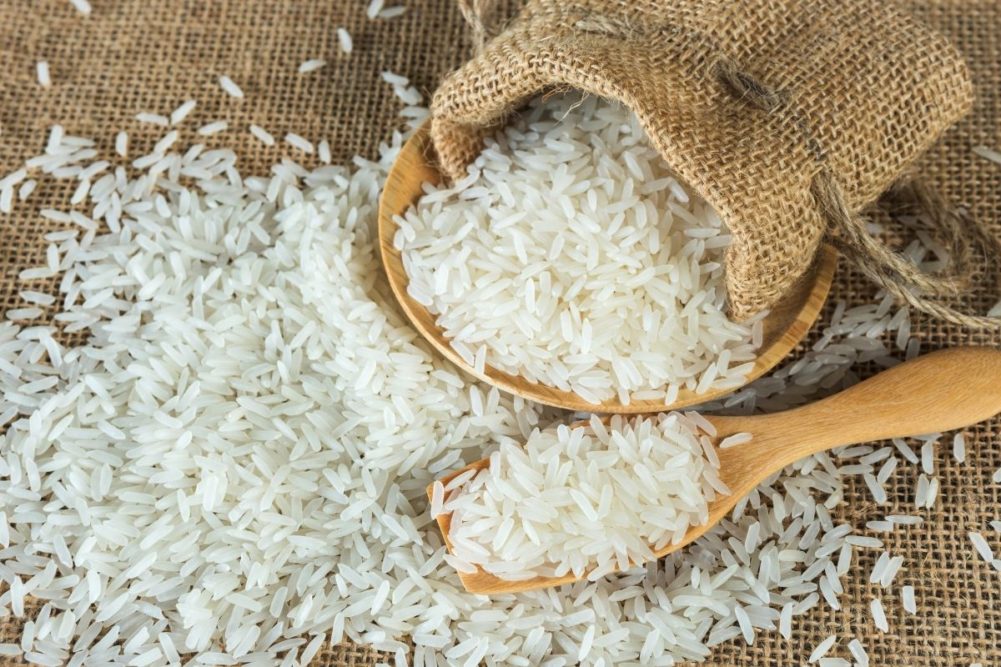MANILA, PHILIPPINES — Needing a greater supply of rice amid stubbornly high prices, the Philippines, which relies on imports to meet demand, has given private traders about a month to buy an additional 1 million tonnes or risk losing permits, Reuters reported.
The directive was announced by Agriculture Secretary Francisco Tiu Laurel during a congressional hearing on Nov. 20, where he also assured lawmakers steps were being taken to ensure stable supply of other food items such as sugar and onions.
“I told them if they failed to import (the additional volume) within 30 days I will cancel the permits because I don’t want to be held hostage by permits that were issued to them upon their request,” Laurel told lawmakers.
Philippine rice imports are handled by private traders, but the state agency procuring rice from local farmers for buffer stocking can import some volume upon approval by the president in an emergency.
The additional imports, which mainly are sourced from Vietnam and some from Thailand, should boost domestic supply until the next harvest in March, the agriculture ministry said.
Laurel also met with governors of the top 10 rice-producing provinces on Nov. 17, in an effort to boost supply, reduce imports and lower prices for the national food staple. The 10 provinces account for 48% of the country’s total rice production.
Governors from Luzon, Visayas, and Mindanao who gathered in San Juan City welcomed Laurel’s initiative, saying the consultative meeting was a good first step toward a concerted effort to boost rice production. The Philippines is regularly among the world's largest rice importers.
“This is the first time that local government units are being given the opportunity to address the concerns of their respective provinces,” said Nueva Ecija Governor Aurelio Umali, whose province is the biggest producer of rice, accounting for 9% of national production. “I believe that this kind of leadership he is starting will benefit not only my province but also the country’s food security.”
Unmilled rice output this year was expected to reach more than 20 million tonnes, above the previous year’s 19.76 million tonnes, the agriculture ministry said.
The Foreign Agricultural Service (FAS) of the US Department of Agriculture anticipates the Philippines will import 3.5 million tonnes of rice in marketing year 2023-24. Consumption is seen at 16.4 million tonnes with ending stocks of 3.1 million tonnes.
Rice price inflation in the Philippines has slowed in October from the previous month, helping cool inflation to 4.9% last month from 6.1% in September, but the pace of price increases remains outside the central bank’s 2% to 4% target range.





